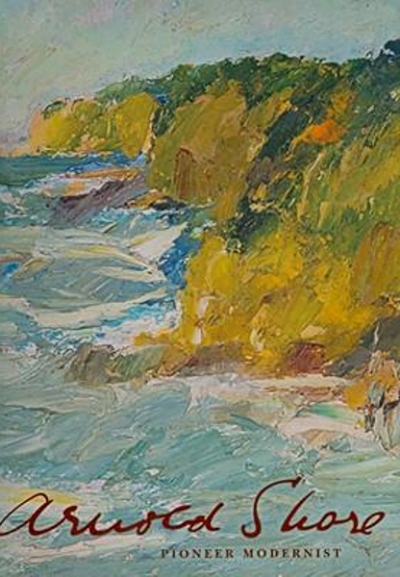Arts
Life, Death and Magic: 2000 years of Southeast Asian Ancestral Art by Robyn Maxwell
Patterns of Creativity: Investigations into the sources and methods of creativity by Kevin Brophy
Detritus: Addressing Culture and the Arts by Robyn Archer
Robert Helpmann: A rare sense of the theatre by Kathrine Sorley Walker
When the National Portrait Gallery (NPG) opened in Canberra last December, more thoughtfulness was evident in its bookshop than the hang. The volumes are arranged by subject and in alphabetical order: the images accord to no principle beyond décor. Here are five writers; there, four scientists. The randomness of the whole embodies a culture of distraction. The root of this muddle is an evasion of whether the Gallery is to be guided by aesthetics or museology. The want of clarity is compounded by concern among staff not to be identified with a history museum.
... (read more)Encounters with Australian Modern Art by Christopher Heathcote, Patrick McCaughey and Sarah Thomas
I hesitated before deciding to see Summer of the Seventeenth Doll at La Boite in Brisbane this year. Revivals, even under ideal circumstances, can be chancy. The author, Ray Lawler, had reservations about the presentation of his signature work in the round, and so did I. More than fifty years had passed since he wrote it and since I saw it performed behind a conventional proscenium arch in Brisbane, with Lawler himself playing Barney. A story about manual cane-cutters would seem to my children as remote in time and place as one about stokers on a steamboat would have to me, when I first saw the play. Then, there were few, if any, mechanical cane harvesters. There was still plenty of work for rural, manual workers. These were hard, strong men who bankrolled themselves in the season in order to take their leisure afterwards in the big smoke: not just cane-cutters but also shearers, drovers, fencers, fruit pickers and contract miners in Mount Isa and Kalgoorlie and Broken Hill and other distant places.
... (read more)







